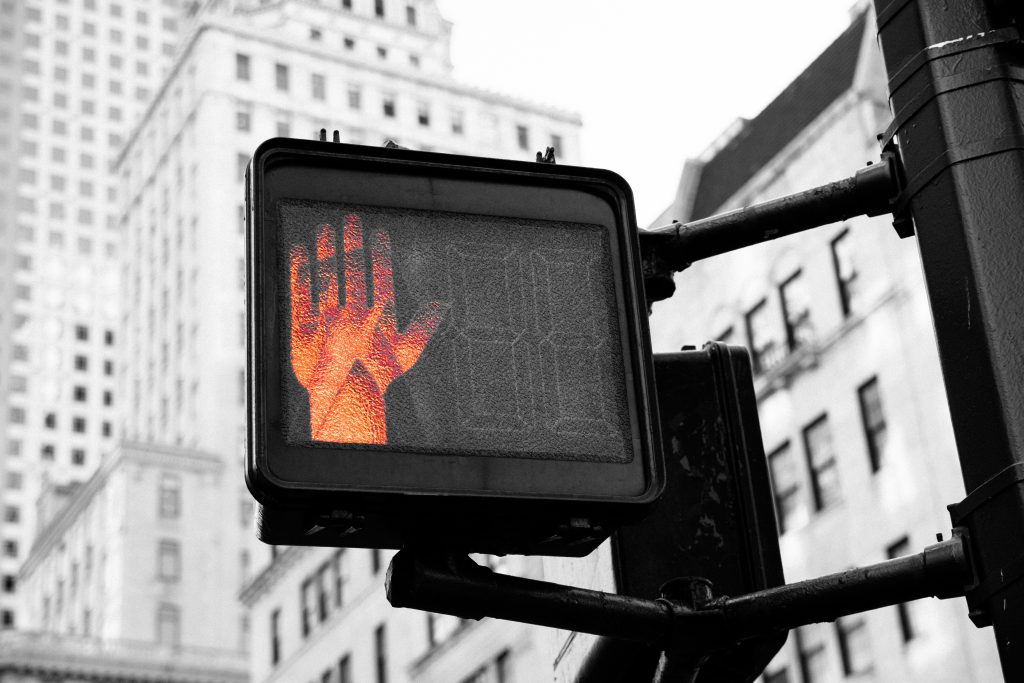Most of my ideas are bad. Recently, I started a notebook that I’ve been filling exclusively with bad ideas: TV shows that should never get made, apps that should never be launched, products that should never be spoken of to another human being. It’s humbling to add another bad idea to the notebook. For every 100 ideas I have, 70 are incredibly bad, 20 are acceptably terrible, and maybe — if I’m lucky — 10 are decent enough to do something with.
And I think that’s a pretty good success rate.
In my time at BuzzFeed, I learned that it was OK to have ideas that didn’t work out. There was so much that we did at BuzzFeed that worked, and worked incredibly well. But for every launch that grew into something big, there were dozens of ideas that failed: BuzzFeed University (a program to get ad agencies to create their own BuzzFeed sponsored content), Star.me (a collaborative social media site that was a cross between BuzzFeed and Giphy), or Fre.sh (a leaderboard for the internet). These were the kinds of projects that, as Jonah Peretti wrote in a 2013 memo to the staff, “don’t distract from the core and have the potential to be much bigger in the medium term future.” They weren’t, but that didn’t matter. As the internet mantra goes: We failed fast, and often.
But here’s something I didn’t always understand about that saying: It’s not just about trying lots of things and seeing what sticks. The hard part is reminding yourself that it’s OK to be wrong.
I’ve never met anyone who liked being wrong. But I’ve met some who have accepted it as part of the process. You come up with ideas, or you test out a new theory, and it doesn’t work out. Then you have to admit to yourself and to your team that the thing you believed in isn’t worth pursuing anymore, or that you need to change course. (Sometimes, even when it’s painful, you’ll even have to admit to a colleague: “Yes, you were right.”) The most productive people I know have these conversations on a monthly basis — or sometimes, weekly.
In other words: If you’re doing things right, you’ll often be wrong.
It’s not easy to admit that your ideas aren’t great. It’s not easy to admit that you were wrong. It’s not easy to kill your darlings.
But it’s part of the process: Come up with lots of ideas, pick your favorites, and be willing to be wrong. Don’t get discouraged: Just because you were wrong before doesn’t mean you’ll be wrong forever. The great ideas will come soon enough.
— — —
That photo of a stop symbol comes via Kai Pilger and Unsplash.

